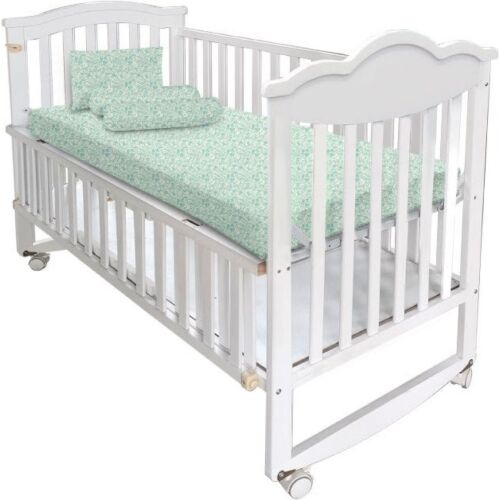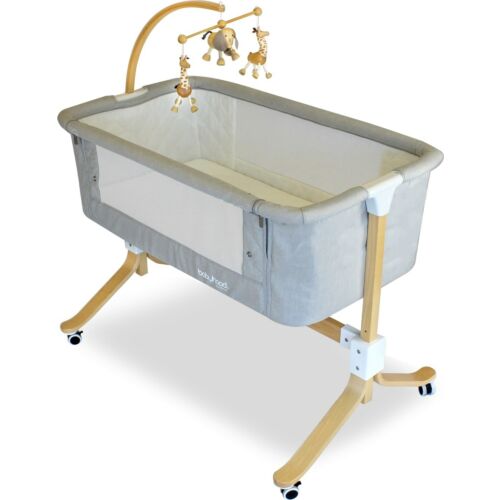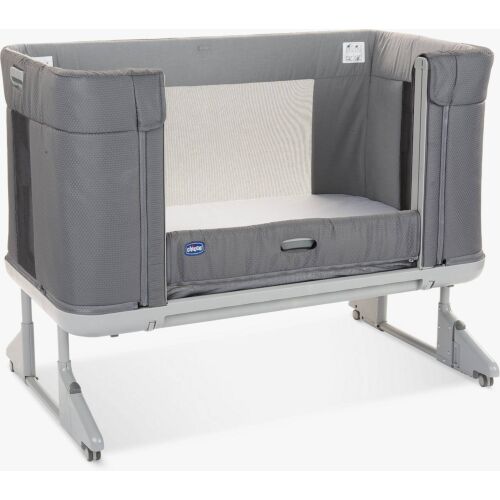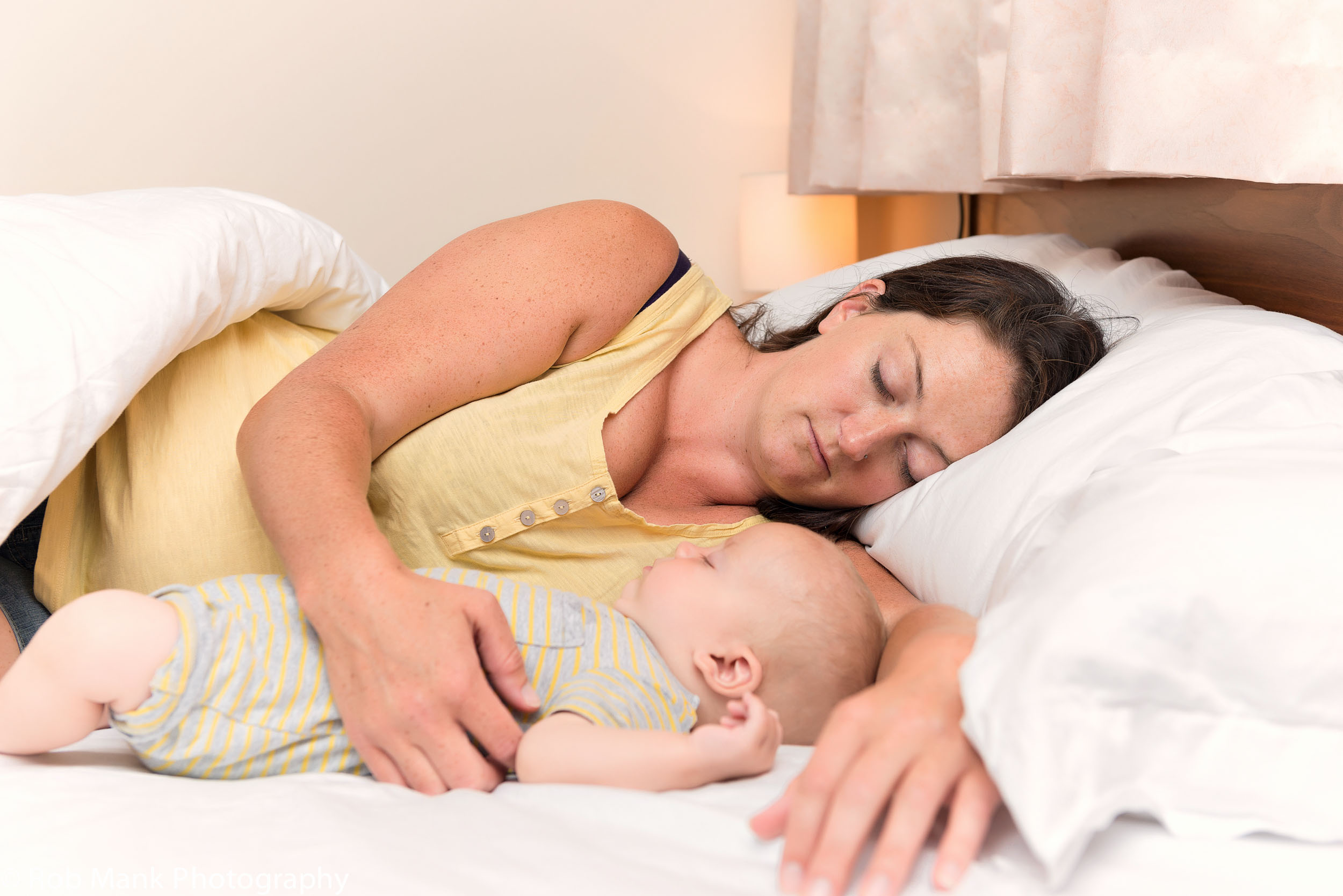Thinking about co-sleeping with your baby? Whether you're a first-time parent or just trying something new, it helps to understand the real benefits and possible downsides before making a decision.
Let’s break down the pros and cons of co-sleeping, so you can choose what works best for your family.
Pros of Co-Sleeping
1. Easier Night Feeds
Having your baby nearby makes night feeds — especially breastfeeding — much easier. You don’t need to fully wake up or walk to another room. It’s quicker to soothe and settle your little one, which means more rest for both of you.
2. More Sleep for Everyone
With fewer disruptions during the night, both parents and baby may get better quality sleep. Babies often settle faster when they know their caregiver is close.
3. Stronger Bonding
Sleeping close can strengthen your emotional connection. Your baby feels more secure, and you’re more aware of their needs during the night — which can be comforting for both of you.
4. Easier to Monitor Baby
You can quickly check on your baby’s breathing, movements, and comfort without getting out of bed. This extra peace of mind is especially helpful for newborn parents.
5. Natural Sleep Rhythms
Some research suggests that co-sleeping can help babies adjust to healthy sleep cycles by syncing with a parent's breathing and sleeping patterns.
Cons of Co-Sleeping
1. Safety Risks (Especially with Bed-Sharing)
Bed-sharing — where baby sleeps in the same bed — carries risks like suffocation or overheating, especially if there are pillows, blankets, or soft mattresses. Safe sleep guidelines must always be followed to reduce the risk of SIDS.
2. Lighter Sleep for Parents
Some parents find they sleep more lightly or feel anxious about rolling onto baby or disturbing them. This can lead to poorer sleep quality in the long run.
3. Difficult Sleep Transition Later
Babies who get used to co-sleeping might have a harder time moving to their own cot or sleeping independently. The longer co-sleeping continues, the tougher the transition might be.
4. Less Privacy for Parents
Having baby in your bed or room can affect intimacy and personal space. Parents may need to adjust their usual bedtime routines or wind-down habits.
5. Risk of Overheating or Sleep Disruption for Baby
Some babies may get too warm when sleeping close to a parent or be woken up by adult movements and sounds, leading to lighter or more broken sleep.
Final Tip
If you love the idea of keeping baby close but want a safer setup, try bedside cots or co-sleeper bassinets.
Here are some of the best bedside cots and co-sleeper bassinets you should check out:

CHILUX 6 Mode Multifunctional Baby Cot

Little Bean Premium: Wooden Baby Crib


Chicco: Next2Me Forever Co Sleeping Cot (Moon Grey)
These let your baby sleep beside you — not in the same bed — offering the closeness without the risks.
Whatever sleep setup you choose, remember: the best choice is one that’s safe, practical, and helps your whole family get the rest you need.
















